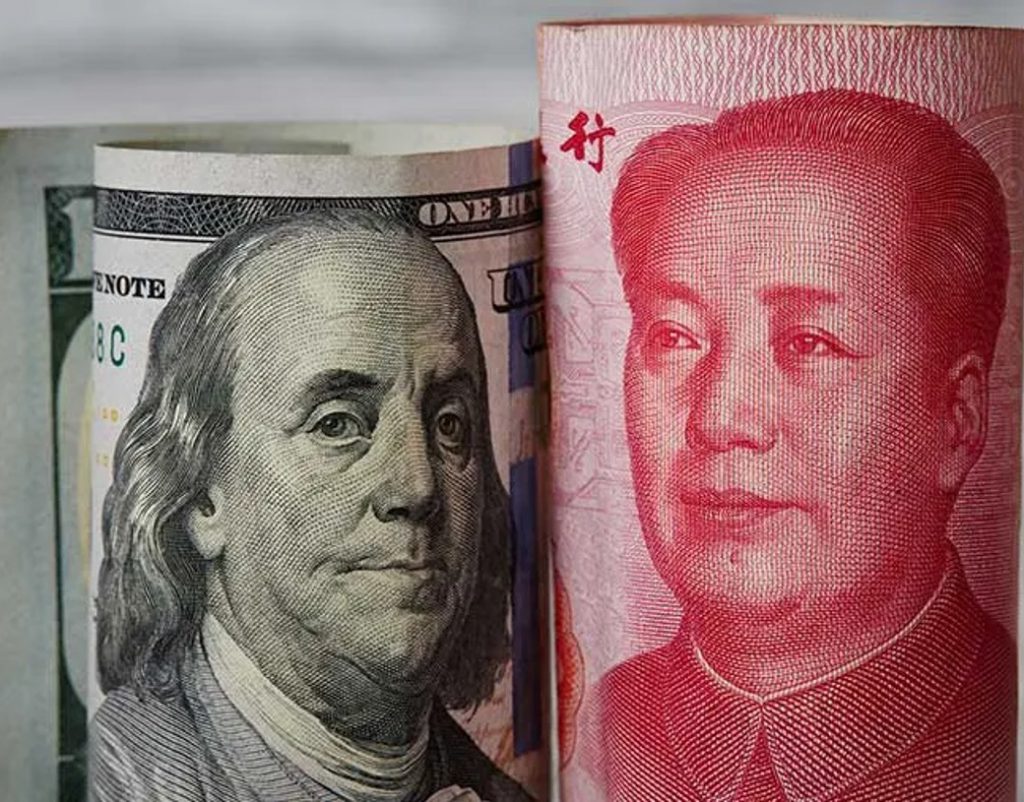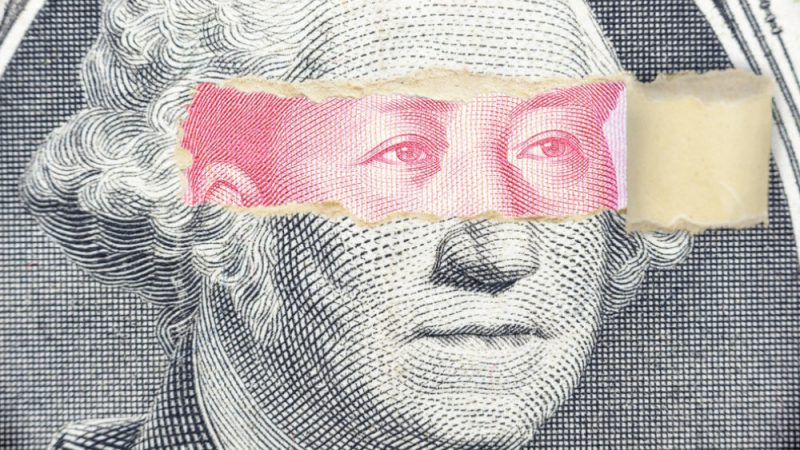BRICS member China has ordered all state-run banks in the country to reduce purchasing the US dollar in its reserves. The announcement comes on Wednesday after the escalating tensions between the Trump and Xi Jinping administration over tariffs and imports. The People’s Bank of China (PBOC) sent regulatory guidelines ordering all state-run banks to reduce and withhold US dollar purchases, reported Reuters. China is the only BRICS member that is now aggressively taking on tariffs and challenging US President Donald Trump.
Also Read: BRICS: China & Brazil Officially Announce to Trade in Local Currencies
JUST IN: 🇨🇳 🇺🇸 China Central Bank asks state-owned banks to reduce US dollar purchases.
— Watcher.Guru (@WatcherGuru) April 9, 2025
The regulatory order also involves keeping a check on retail and institutional clients who initiate US dollar purchases. The move is to limit speculative trades from investors who aim to leverage the ongoing tensions. BRICS member China was also seen dumping billions worth of US dollar in the currency markets and accumulating the Chinese yuan. The dumping spree comes after the Chinese yuan fell to a 2-year low against the US dollar in April.
Also Read: BRICS: New Country Rejects Local Currency for Oil, Wants US Dollar
BRICS: China Takes on the US Dollar, Tariffs, and Trump


The Chinese yuan has fallen 1.3% in April 2025 alone against the US dollar and is in the weaker territory. Not just China, but even its BRICS counterpart India’s local currency, the rupee, is also dipping against the US dollar. In addition, China’s central bank may no longer resort to yuan devaluation to soften its stance on Trump’s tariffs. China has also imposed 84% tariffs on US goods as a tit-for-tat to Trump for imposing 104% tariffs.
Also Read: BRICS Divided on US Dollar Replacement
BREAKING: 🇨🇳 China to impose another 84% tariff on US goods. pic.twitter.com/M3yK06HBkK
— BRICS News (@BRICSinfo) April 9, 2025
“A sharp depreciation will not happen as that could hurt market confidence, but a modest depreciation will help exports. We should also assist key enterprises through subsidies, tax rebates, or market diversification,” said one policy adviser on the condition of anonymity. Among all the other countries, the BRICS alliance has also been hit by tariffs this month leading to a competition between the US dollar and local currencies.





